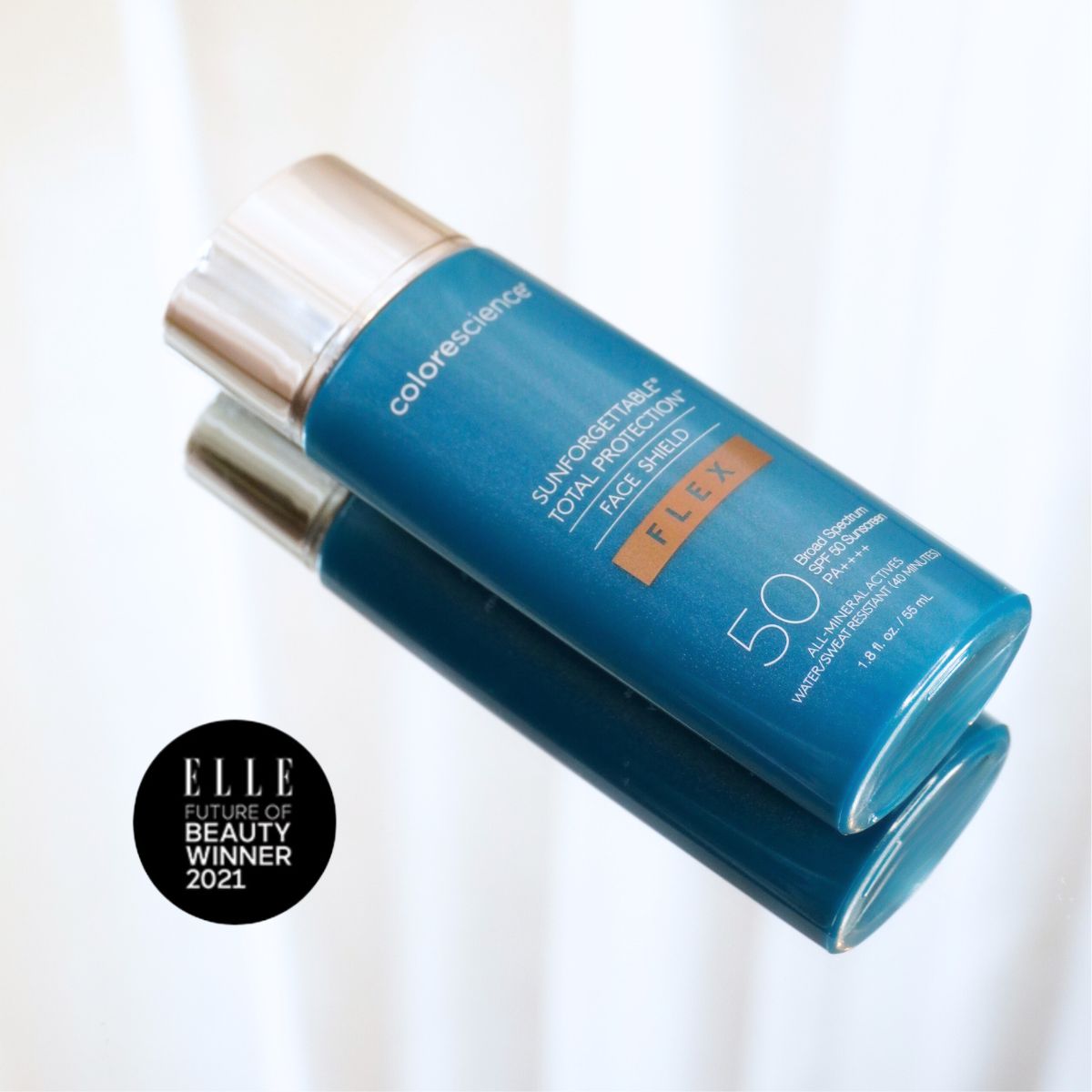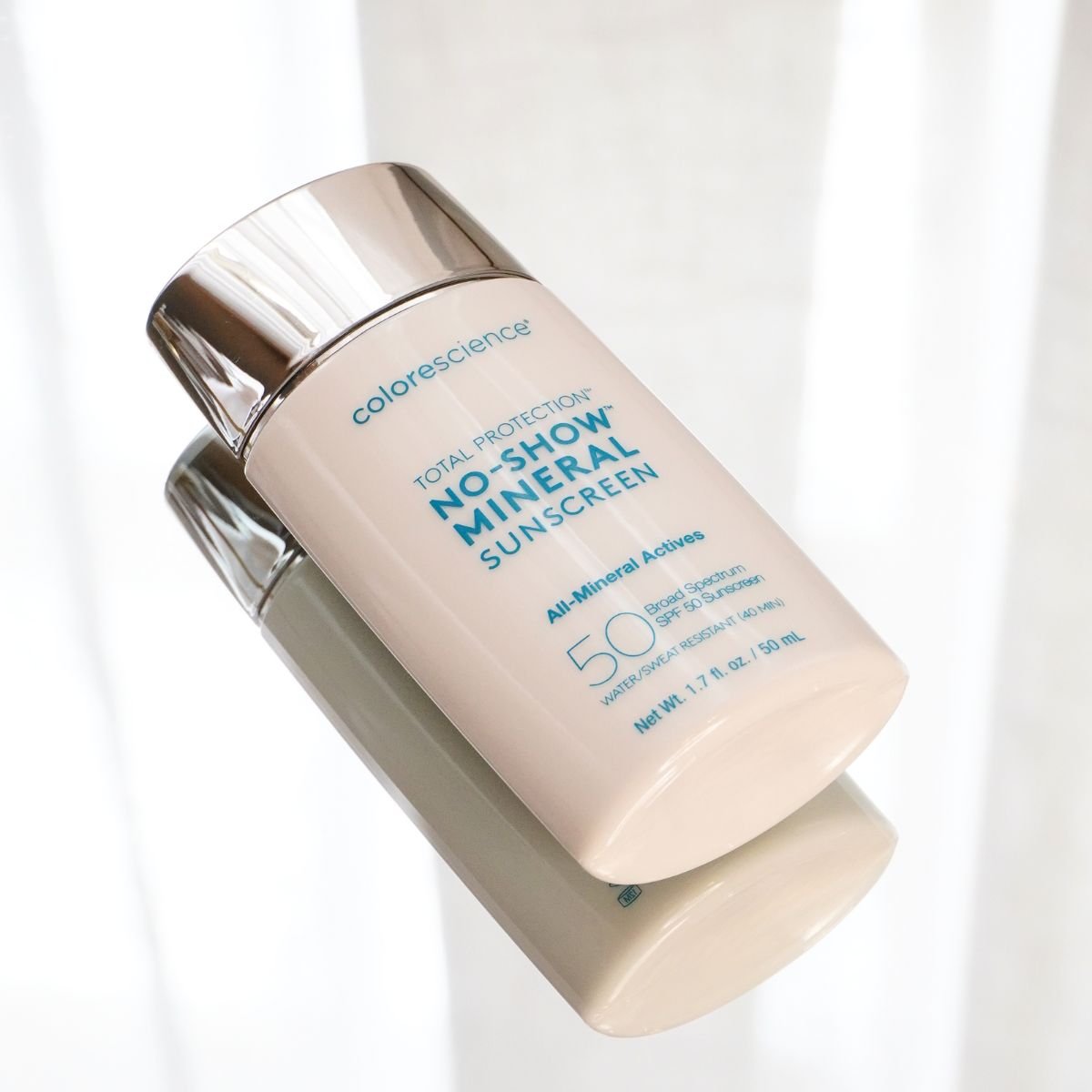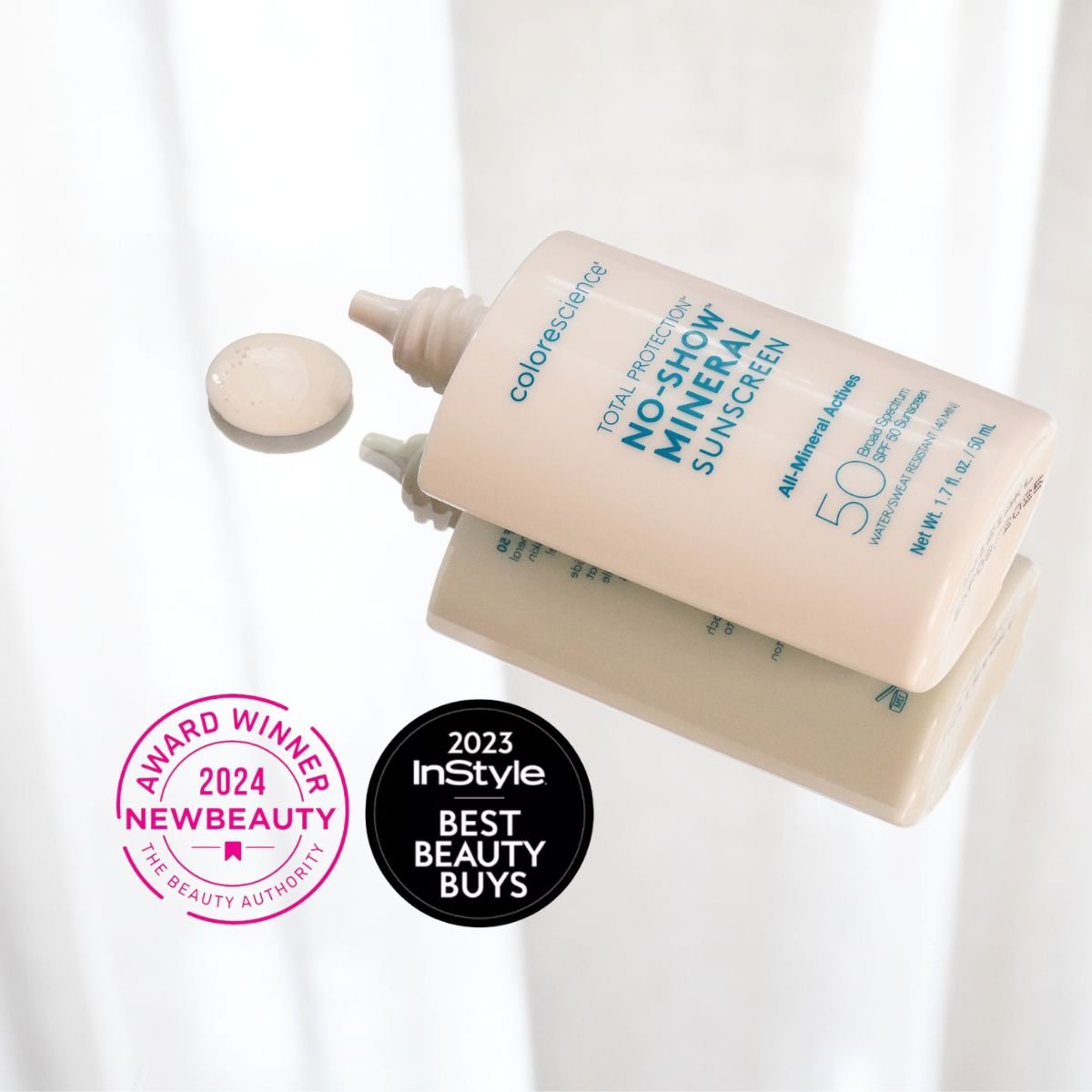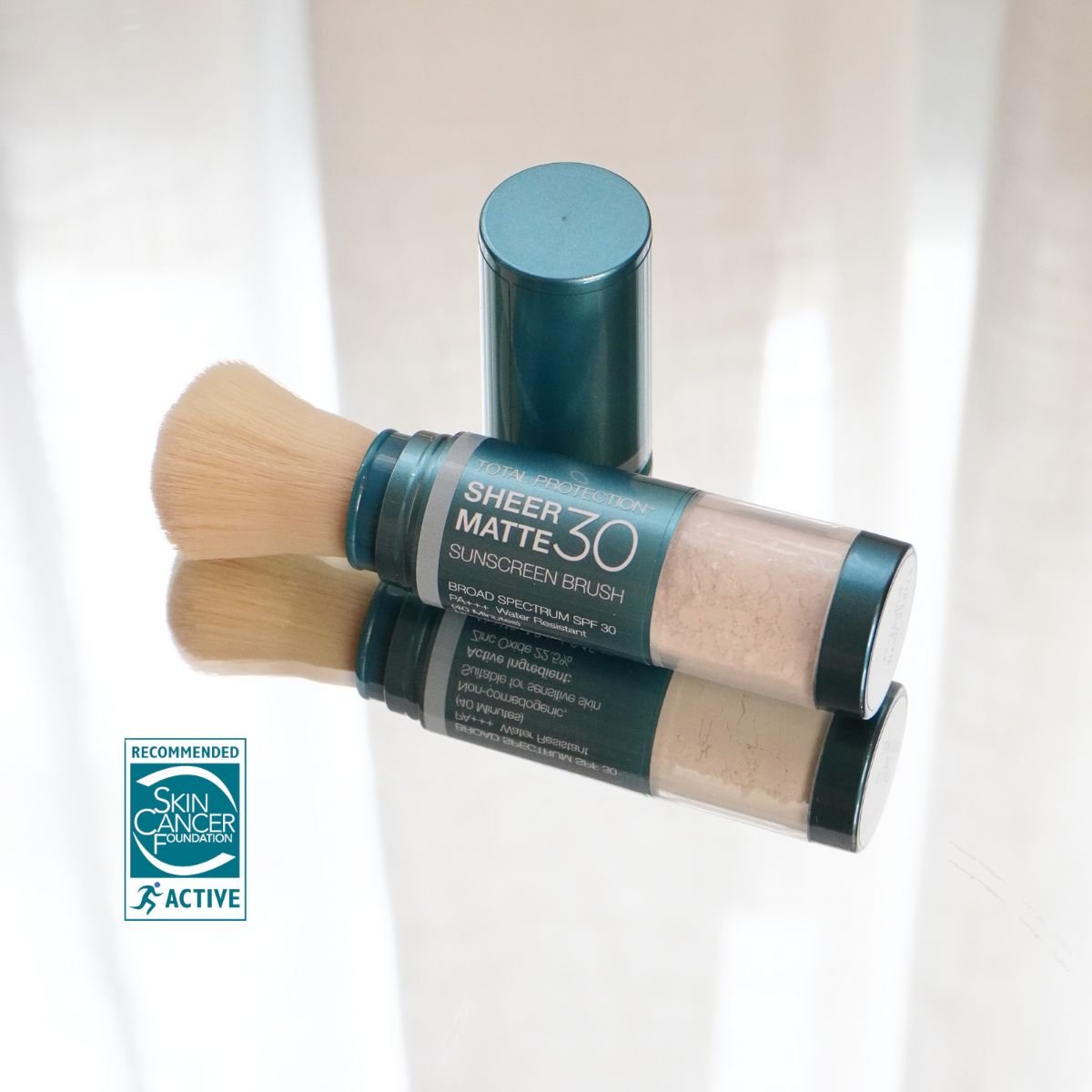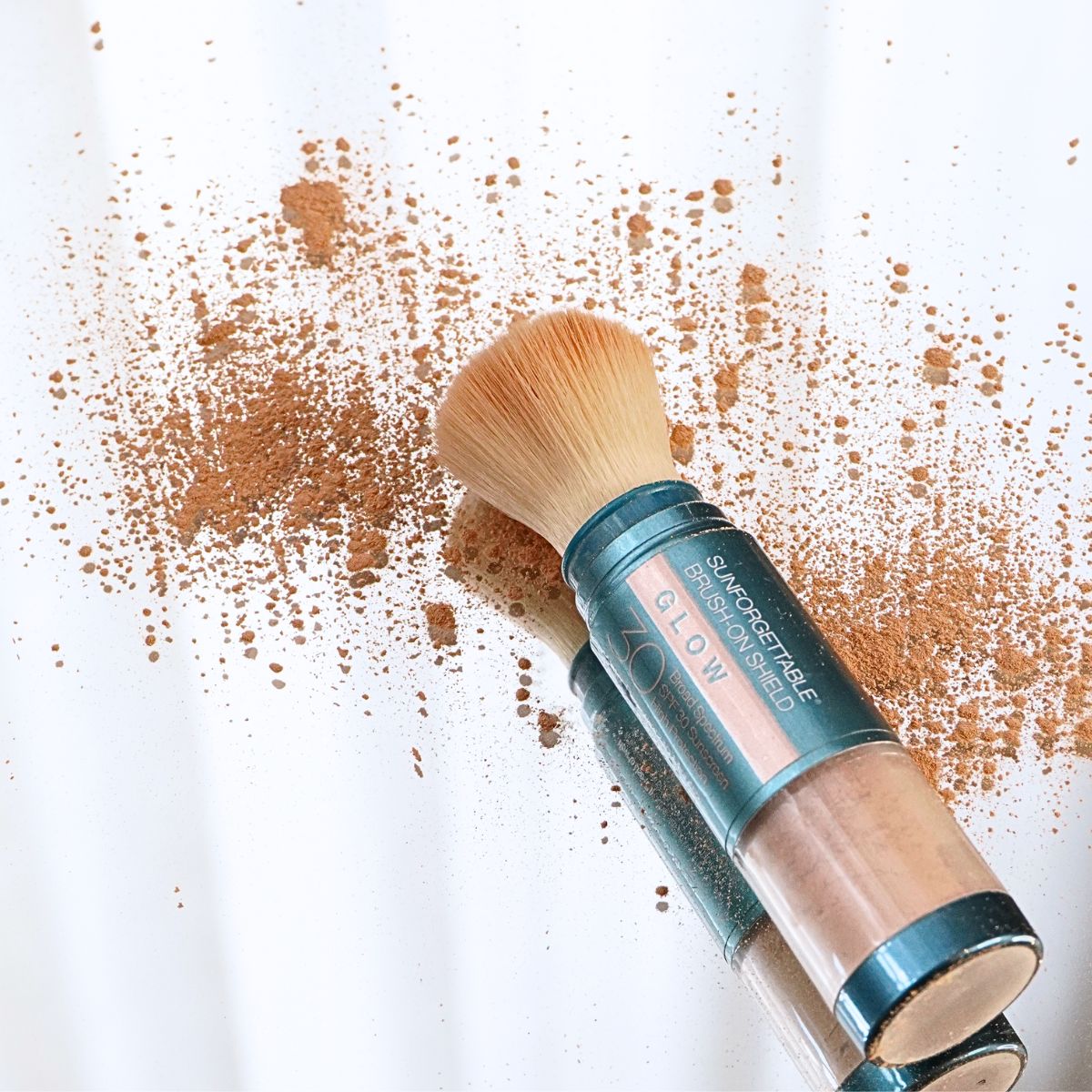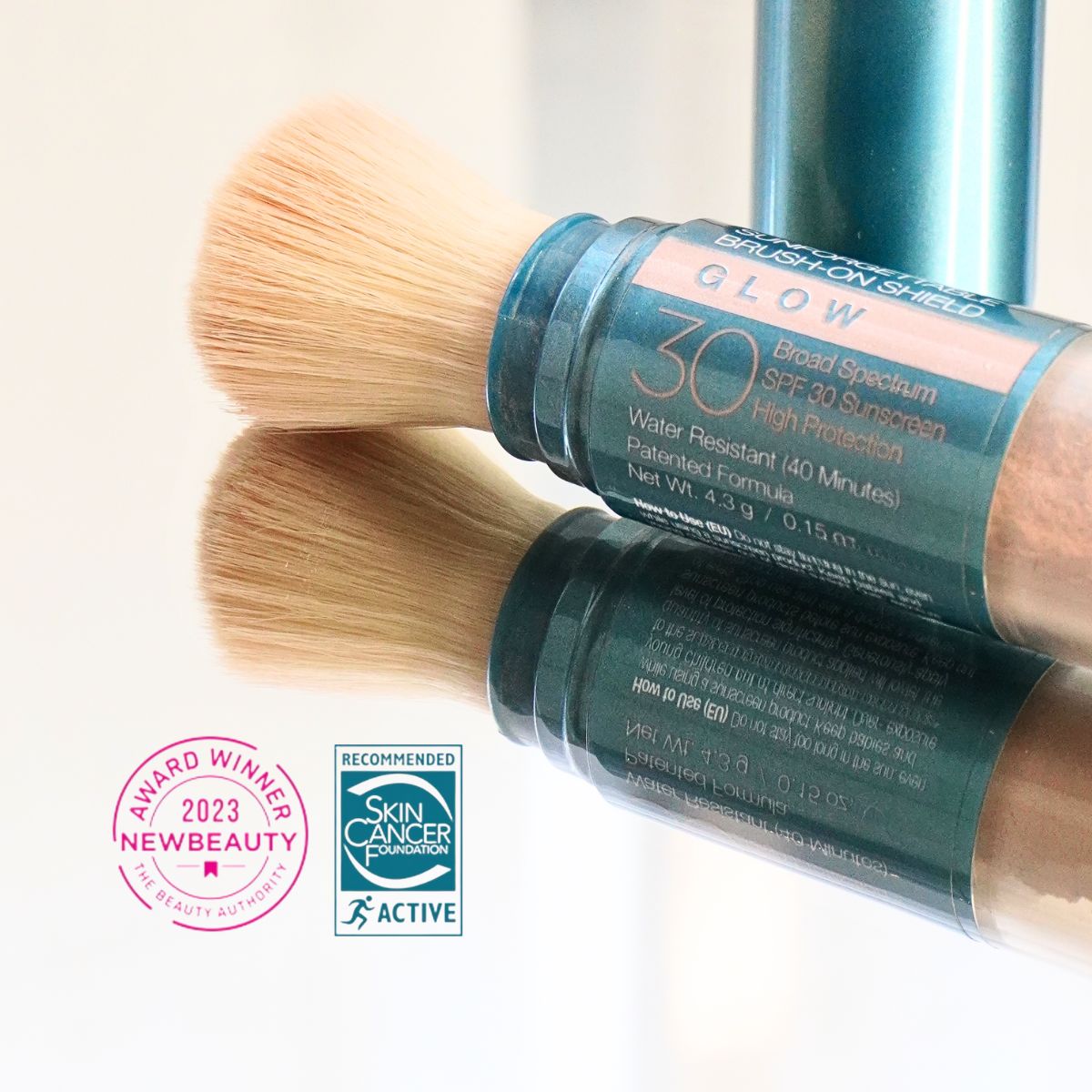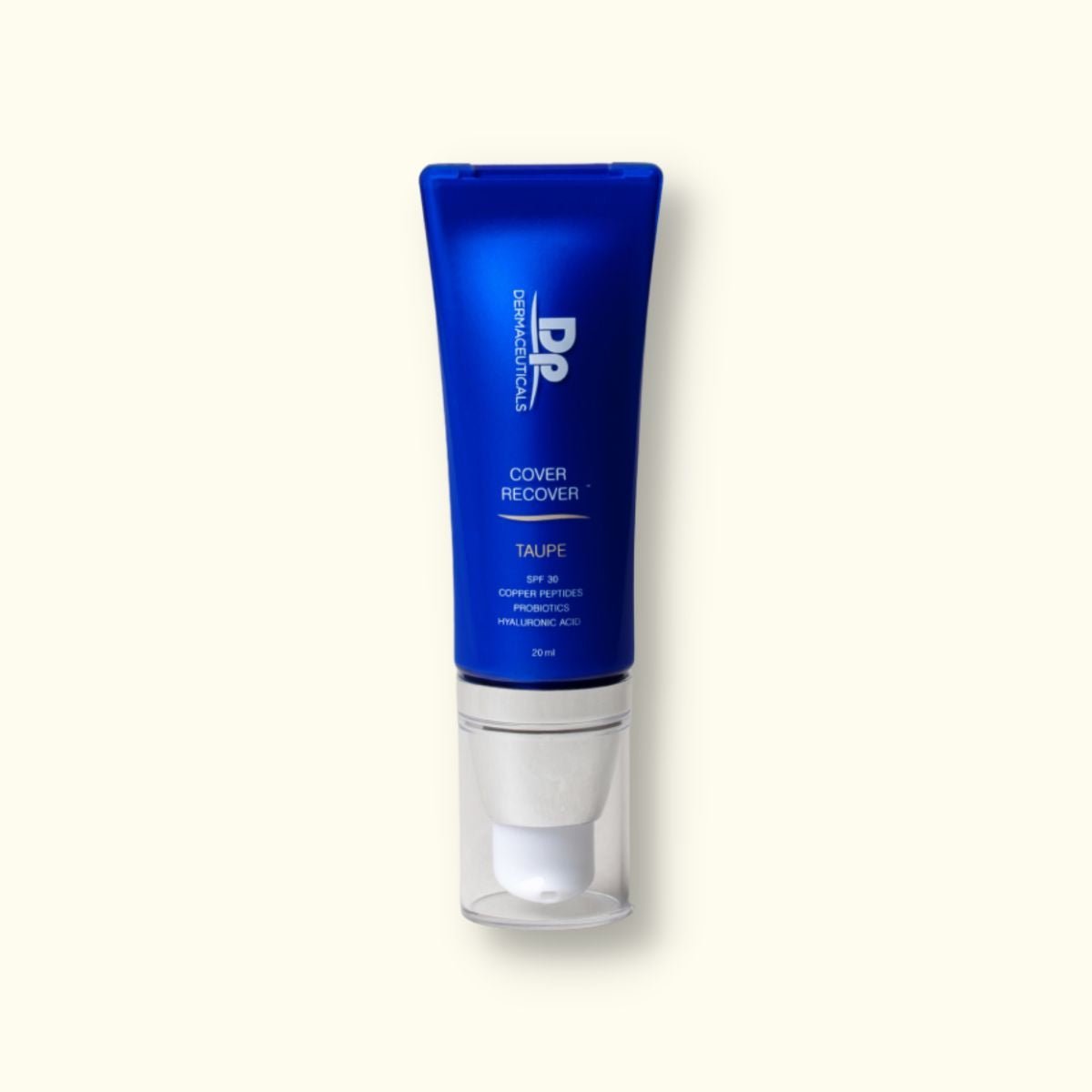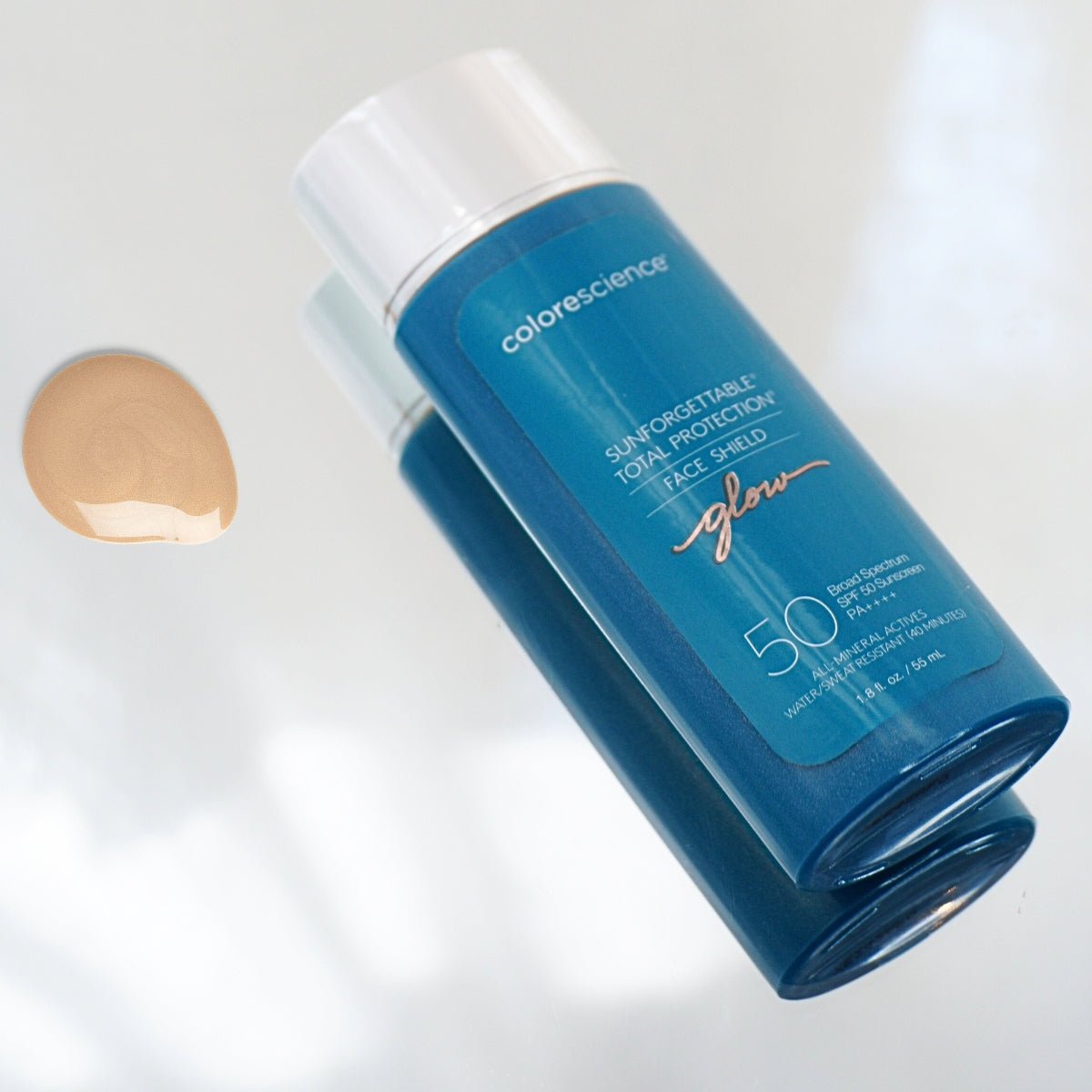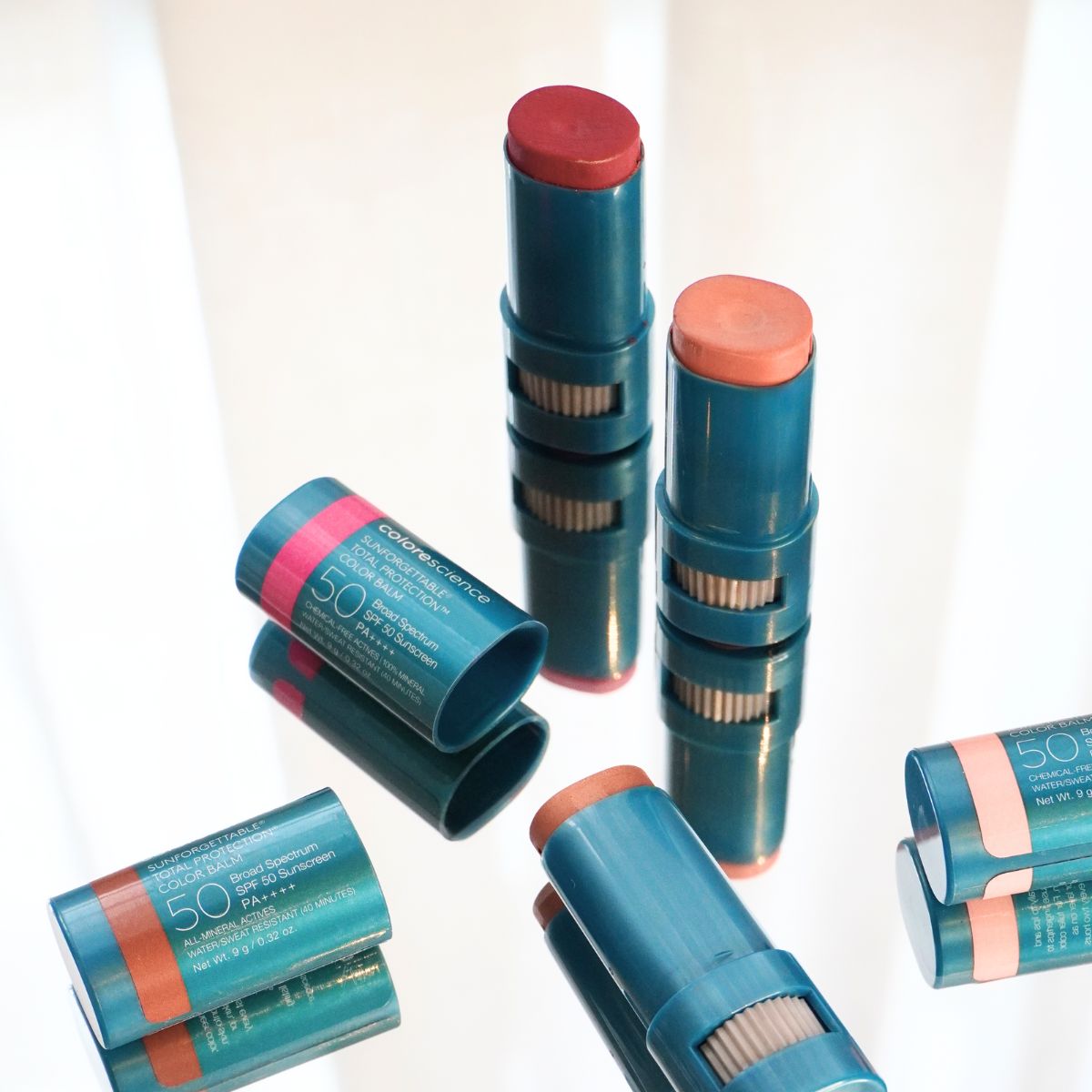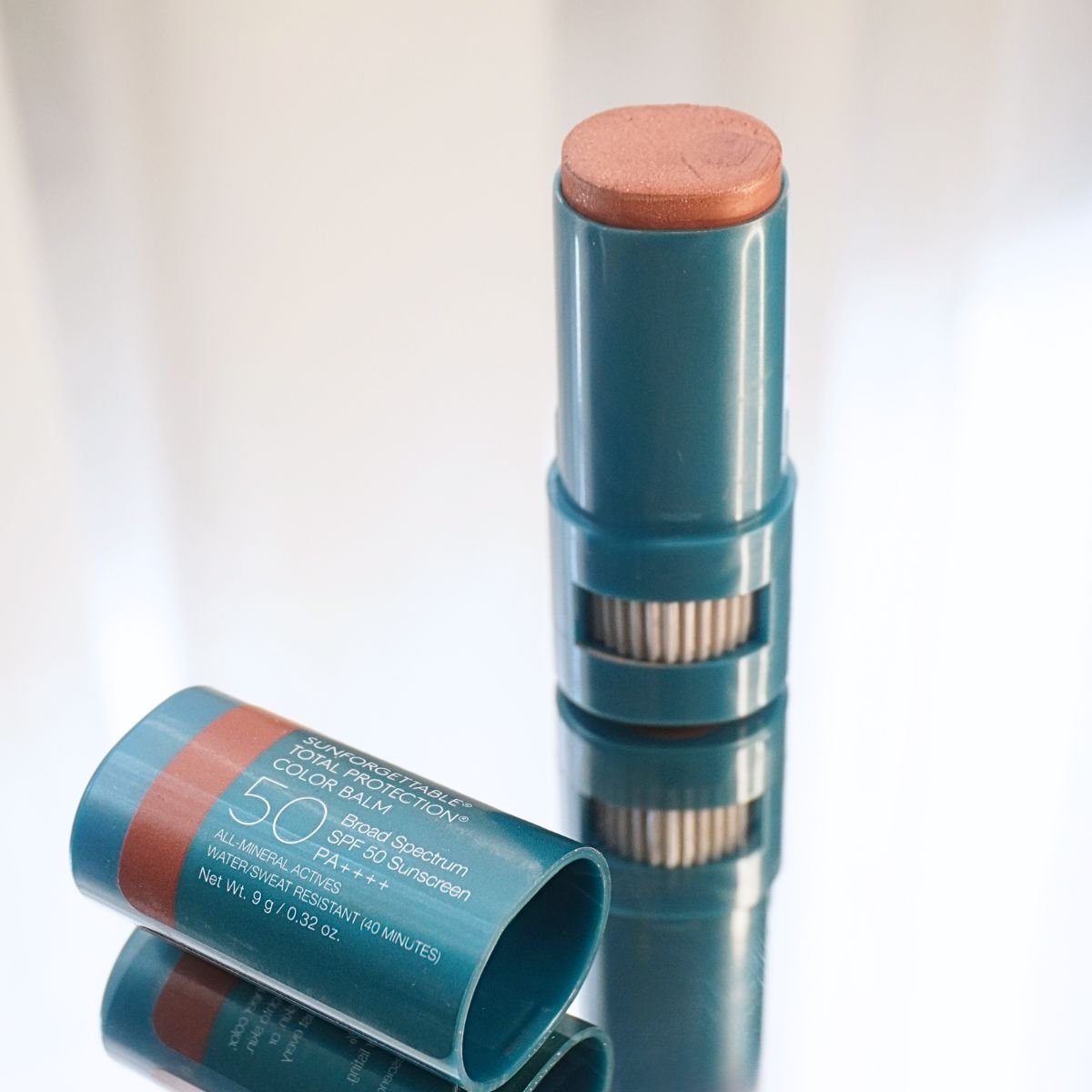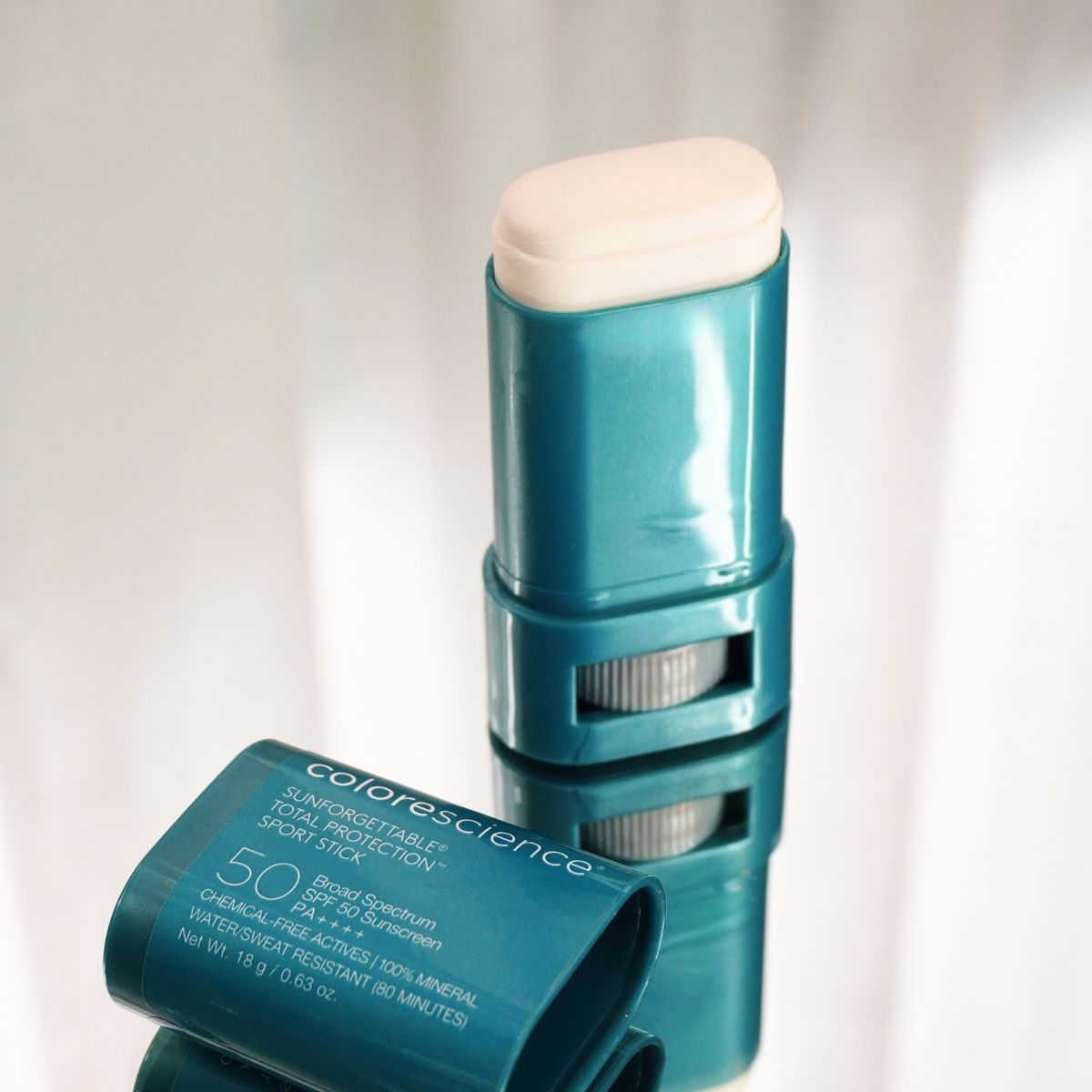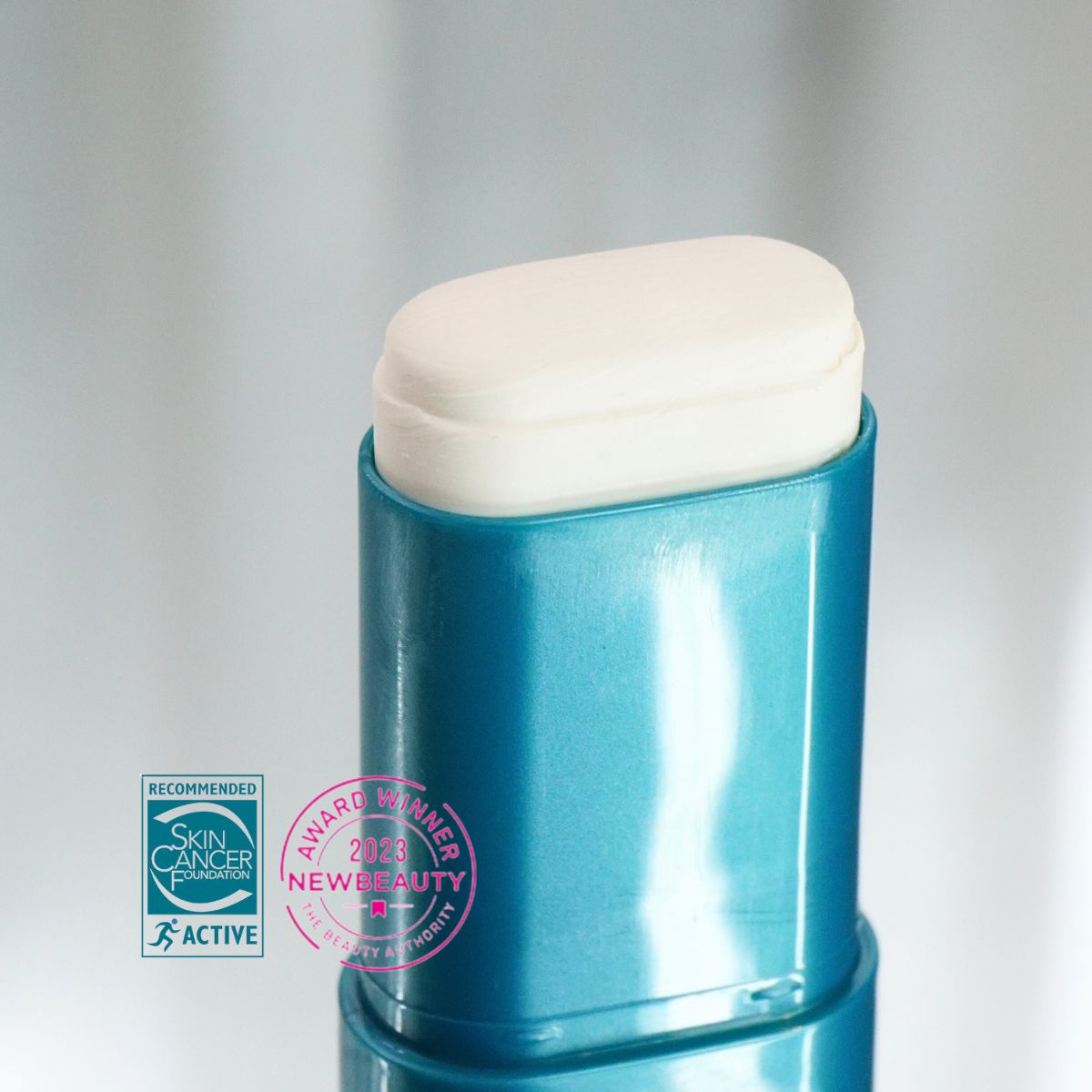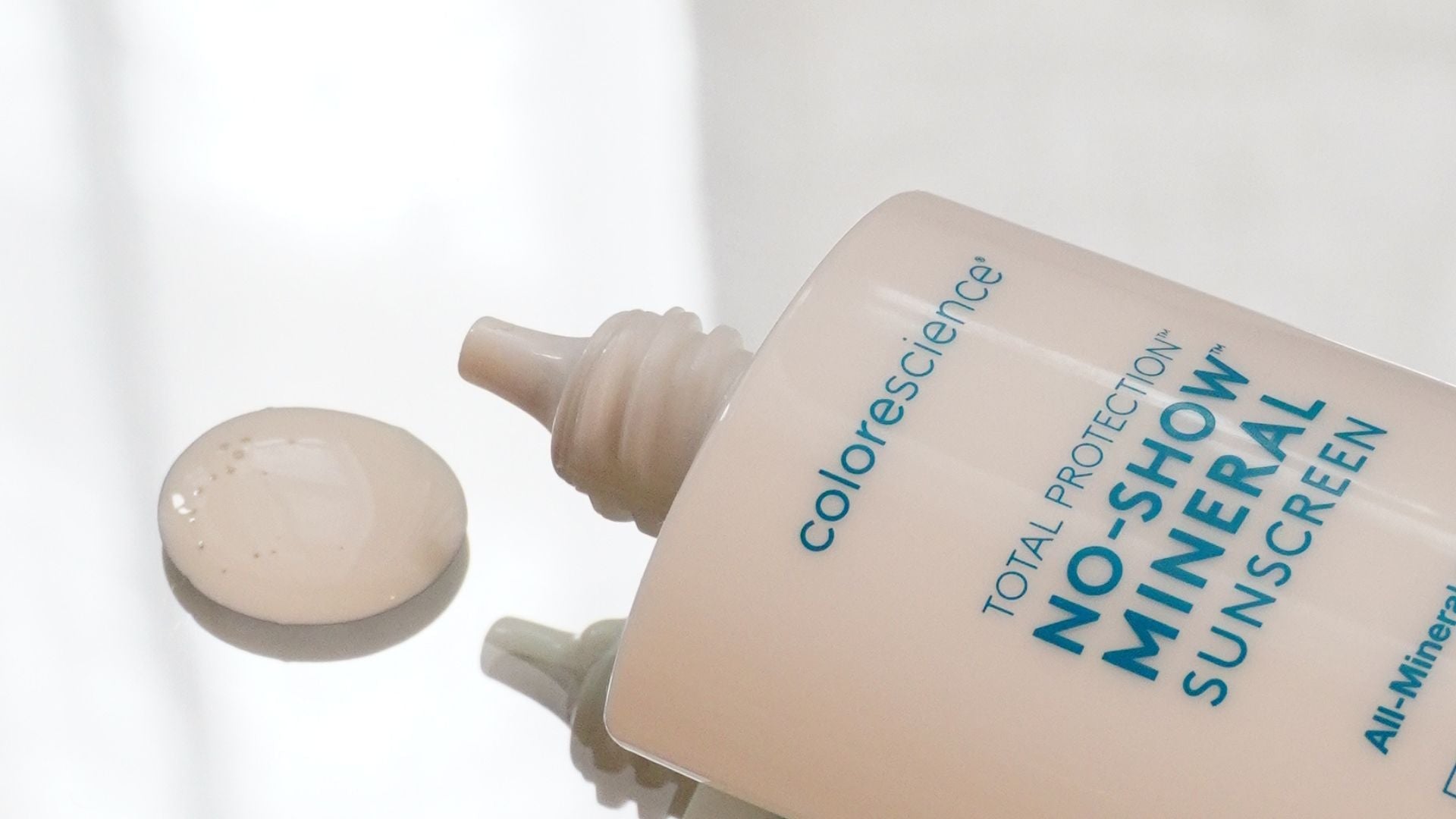
SUNCREAM FOR THE FACE
Protect your skin with the right sunscreen for the face that ensures
broad-spectrum protection against both UVA and UVB rays.
Regardless of your skin type, daily sun protection is essential to prevent sun damage,
early aging and pigment changes. Choose a sunscreen that suits your skin,
and integrate it into your daily skin care routine for healthy and radiant skin.
Your skin will thank you both now and in the future.
Sort by
8 products
Filters
3 colors available
(5.0)3 colors available
WHY IS SUNCREAM FOR THE FACE ESSENTIAL?
When it comes to protecting your skin from the sun's harmful UV rays, facial sunscreen is one of the most important steps you can take in your daily skin care routine. Regardless of whether you have sensitive skin, dry skin, oily skin or combination skin, it is crucial to choose the right sunscreen that protects against both UVA and UVB rays and at the same time suits your skin type.
The face is one of the areas most exposed to the sun's rays, making it extra vulnerable to damage such as sunburn, premature aging and even skin cancer. A face cream with broad-spectrum protection ensures that your skin is protected from both UVA rays, which cause premature aging, and UVB rays, which cause sunburn.
Why Should You Protect Your Skin Against Harmful UV Rays?
UV radiation from the sun is one of the most significant factors when it comes to skin damage, and its impact should not be underestimated. These invisible rays found in sunlight are not only responsible for the immediate sunburn we experience after a day in the sun, but also for the long-term damage that can gradually occur. The UV rays can penetrate deep into the top layer of the skin and even reach the deeper layers, which can cause a number of serious skin problems over time, including premature aging, pigment changes and, in the worst case, skin cancer.
In order to protect yourself from these harmful effects, it is crucial to integrate sun protection into your daily routine. By applying a broad-spectrum sunscreen with an appropriate SPF every day – whether the sun is shining or not – you create a barrier that helps block both UVA and UVB rays. It's not only important on hot summer days, but also on cooler, cloudy days, as the UV rays can penetrate clouds and cause damage even when the sun isn't feeling strong.
In addition, it is worth remembering that sunscreen should be applied liberally and repeated several times during the day, especially if you stay outdoors for long periods or sweat a lot. Also, don't forget to protect the areas that are often overlooked, such as the ears, neck, and lips. By taking these precautions, you protect your skin not only from short-term damage, but also from the serious and long-term effects of UV radiation. Your skin will thank you now and in the future.
How UVB Rays Cause Sunburn?
UVB rays are mainly responsible for sunburn, which can be painful and damaging to the skin. Sunburn occurs when the UVB rays penetrate the top layer of the skin and cause damage to the cells. This can lead to redness, swelling and, in the worst case, blistering.
The top layer of the skin acts as a barrier against external influences, including UV rays. When this layer is damaged by the sun, it can lead to dry skin, pigmentation and premature aging.
How Does Sunscreen Protect Against UV Rays?
Sunscreen works by absorbing or reflecting the UV rays before they reach the top layer of the skin. Some sunscreens use chemical sunscreens that absorb the UV rays, while others use physical sunscreens that reflect them away from the skin. Regardless of the type of sunscreen, it is important that it protects against both UVA and UVB rays.
Should Sunscreen Be Used Regardless of the Weather?
Although it may seem like an extra task, it is important to apply sunscreen daily, regardless of the weather. Even on cloudy days, UV rays can penetrate the clouds and damage the skin. Make applying sunscreen part of your daily routine to keep your skin healthy and protected.
Anti-Age Protection: Keep Your Skin Young
The sun's rays are one of the most damaging factors that contribute to premature aging of the skin. These rays can cause visible signs of aging, such as wrinkles, fine lines and age spots, which can make your skin look older than it really is. But by integrating a sunscreen with anti-aging properties into your daily skin care routine, you can effectively protect your skin from these harmful effects and maintain its youthful appearance.
A sunscreen with broad-spectrum protection is especially important, as it not only protects against the harmful UVB rays responsible for sunburn, but also against UVA rays, which penetrate deeper into the skin and can cause permanent damage to collagen and elastin. These structures in the skin are essential for maintaining its elasticity and firmness, and when they are damaged, it leads to a faster aging process.
In addition, UVA rays can worsen pigment changes, which can result in dark spots and an uneven skin tone. By choosing a sunscreen with anti-aging ingredients, such as antioxidants and moisturizing substances, you can both protect and nourish the skin so that it remains smooth and radiant. Antioxidants help neutralize the free radicals generated by UV rays that can accelerate aging. At the same time, moisturizing ingredients help to maintain the skin's natural moisture balance, which is important to prevent the skin from becoming dry and wrinkled.
The Best Sunscreen for the Face: What Should You Look For?
When choosing the best sunscreen for the face, take into account your skin type and any special needs. Do you have sensitive or sensitive skin? Choose a sunscreen without perfume and with physical sun filters. Do you have combination skin? A light, oil-free sunscreen may be the best choice. Either way, make sure the sunscreen provides broad-spectrum protection and is comfortable to wear all day.
Sensitive Skin and Sunscreen: What Should You Pay Attention to?
If you have sensitive skin, it is important to choose a sunscreen that does not irritate the skin. Many sunscreens contain chemical sunscreens that can be harsh on delicate skin. Instead, consider using sunscreens with physical sun filters such as zinc oxide or titanium dioxide, which are less likely to cause irritation.
Dry skin? How to protect yourself from the sun's rays
For those with dry skin, the sun's rays can worsen the dryness and leave the skin even more dehydrated. Choose a moisturizing sunscreen that both protects against the sun's rays and provides the skin with the necessary moisture. Remember to apply the sunscreen regularly, especially after contact with water.
Oily skin? The Right Sunscreen for You
If you have oily skin, it can be a challenge to find a sunscreen that doesn't make your skin even more shiny. Look for a lightweight, oil-free sunscreen that provides broad-spectrum protection without clogging pores. Waterproof sunscreens can also be a good option as they stay in place even when you sweat.
Sunscreen and dirty skin - can they go hand in hand?
If you have blemish-prone skin, the thought of putting sunscreen on your face can seem daunting. Many fear that the sunscreen will clog the pores, lead to more oily skin and make the problem of acne even worse. But the truth is that protection from the sun's harmful rays is one of the most important things you can do for your skin – even if you have problems with blemishes. UV rays can not only accelerate aging and cause pigment changes, but they can also worsen the inflammation, redness and irritation often seen in acne and other skin problems. The sun can also cause dehydration of the skin, which can cause the sebaceous glands to overproduce oil and thus worsen the condition.
Therefore, it is crucial to find a sunscreen that both protects your skin from sun damage and at the same time is developed to be light, oil-free and non-comedogenic (i.e. does not clog pores).
Make-Up With SPF Protection
By choosing make-up with SPF, you not only protect your skin from these sun damages, but you also save time, as you don't need to apply a separate sunscreen under your foundation or powder. However, it should be remembered that make-up alone does not always provide complete protection if you stay outdoors for a long time. Therefore, it may be a good idea to supplement with a dedicated sunscreen for optimal protection.
Applying Sunscreen: How to Do It Right
Applying sunscreen correctly is just as important as choosing the right sunscreen. For optimal protection, use a teaspoon of facial sunscreen and apply it evenly over the entire face. Don't forget areas like the ears, neck and hairline, which are often overlooked.
Start with clean and dry skin and apply the sunscreen 15-30 minutes before going out in the sun, and remember to reapply every two hours or after swimming or sweating.




